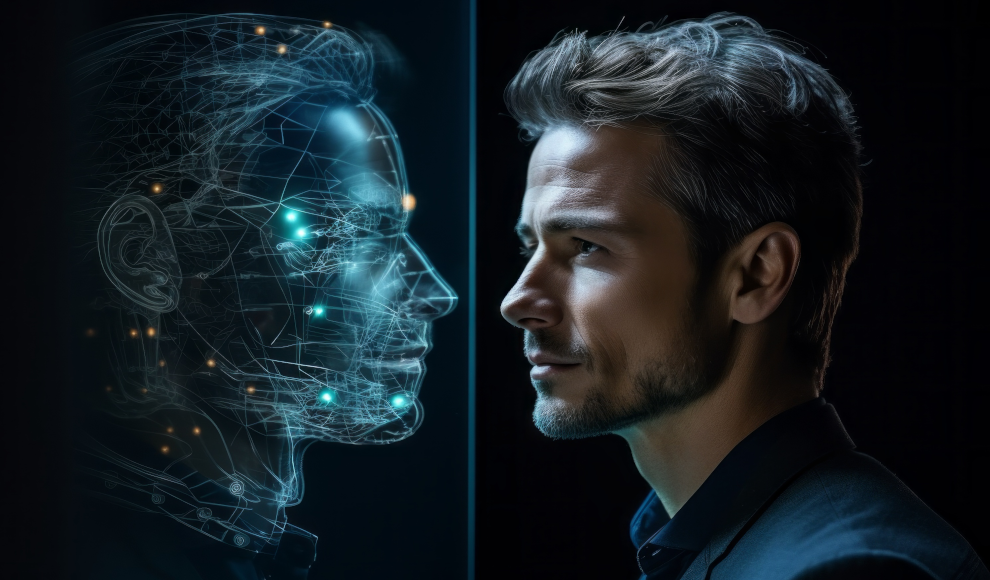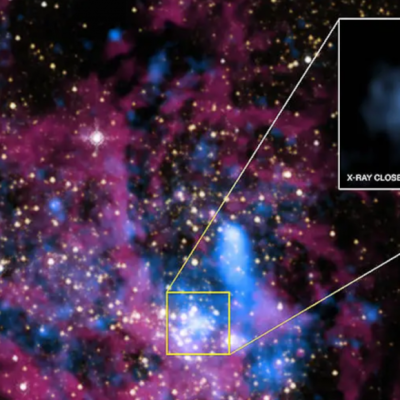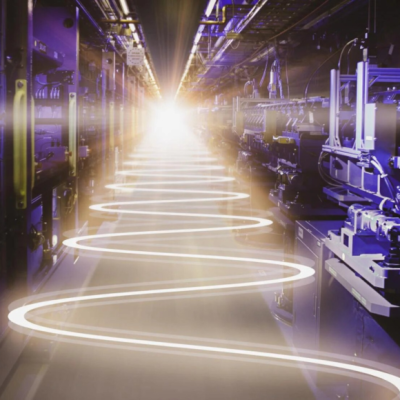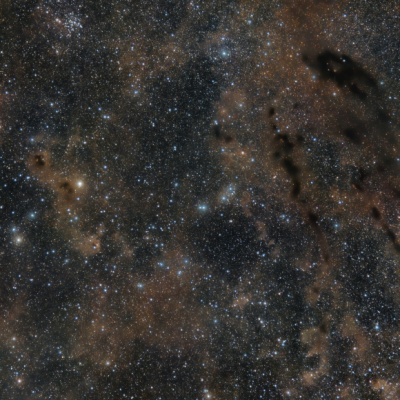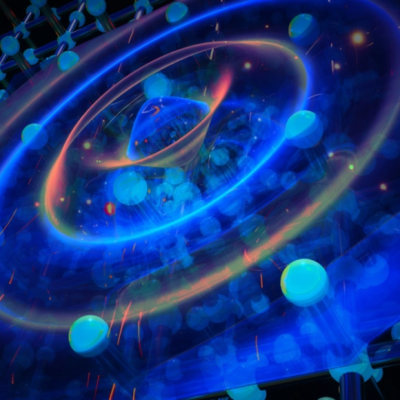Physicist Explores the Hypothesis of a Simulated Universe
According to the hypothesis of a simulated universe, humans do not live in a real reality but in a perfect computer simulation. Dr. Vopson, a physicist at the University of Portsmouth, has investigated this theory using the law of information dynamics. The hypothesis of a simulated universe is popular in information physics, which postulates that physical reality is essentially made up of information bits. Dr. Vopson has published a new study in the journal AIP Advances that examines the hypothesis of a simulated universe and its significance for science.
Dr. Vopson has a good reputation in physics, having previously published groundbreaking studies. He has established that information has mass and that elementary particles, the smallest building blocks of the universe, store information about themselves. He has also recently published a study in AIP Advances that describes a new law of physics that can predict gene mutations in living beings and assess their consequences. The law is based on the second law of thermodynamics, which describes the disorder in an isolated system, either increasing or remaining constant.
Dr. Vopson’s current study investigates whether the second law of information dynamics can be applied to other physical systems, including biology, atomic physics, and cosmology. The study provides an explanation for the distribution of symmetry in the universe, which plays an important role in the laws of nature. The study shows that high symmetry corresponds to the state with the lowest information entropy, which may explain the natural tendency towards symmetry.
This approach, where excess information is removed, is similar to computers deleting unnecessary code to save storage space and optimize energy consumption. This observation supports the idea that our existence may be part of a simulation. Dr. Vopson’s previous study also suggests that information is the fundamental building block of the universe and has physical mass. Information could represent the mysterious dark matter that makes up almost a third of the entire universe.
While empirical tests are still necessary for the final confirmation of these theories, Dr. Vopson sees his experiment developed last year as a promising approach. The experiment aims to confirm the fifth state of matter in the universe through particle-antiparticle collisions. A success could fundamentally change our understanding of physics.


